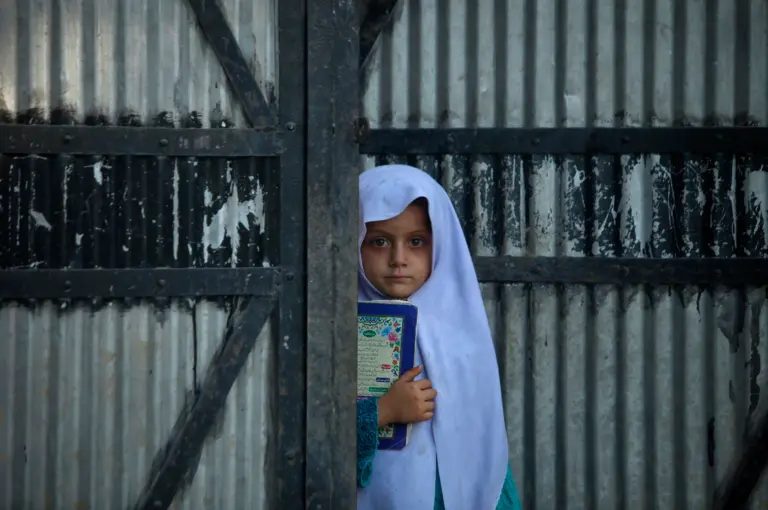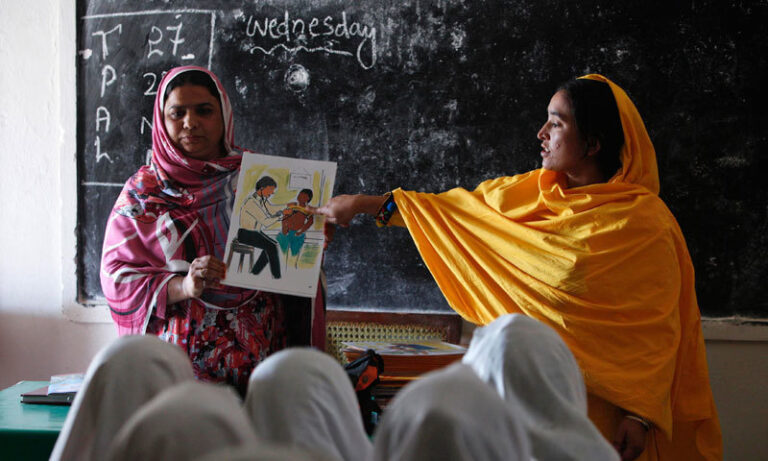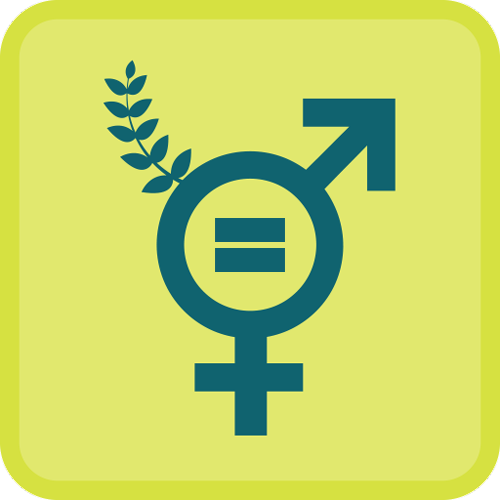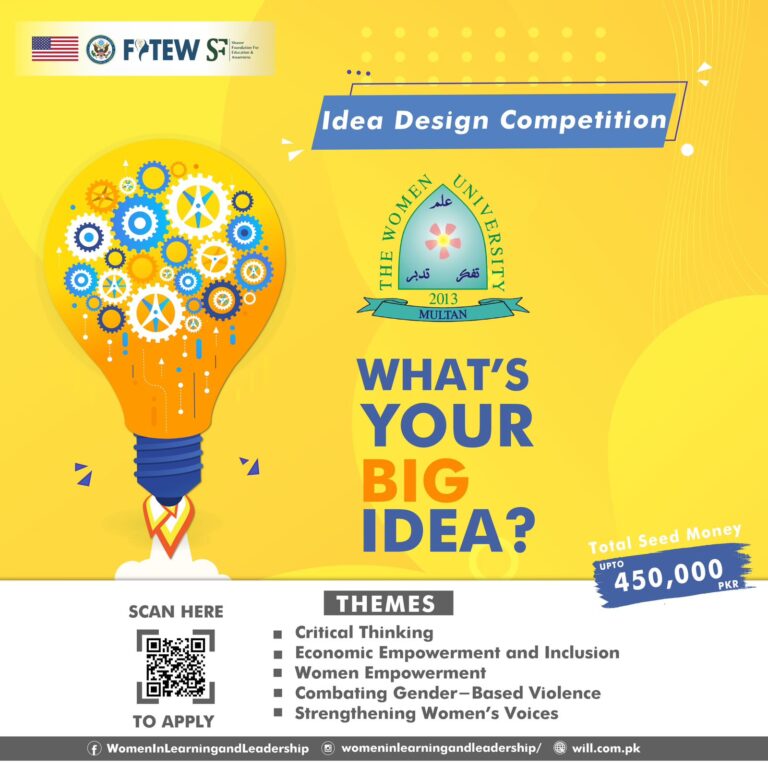Celebrating women: Six female founders behind thriving local businesses
By Pernia Mubashir
Is there a locally-made perfume you just can’t live without? Or perhaps a store that’s now your favorite place to buy shoes from? Chances are some of your favorite local businesses have been founded by savvy women entrepreneurs breaking glass ceilings in business and entrepreneurship on a daily.
Many women have successfully started companies in the cutthroat — and male-dominated — business world and are thriving. In celebration of the women hustling to raise the bar in business, here are six women behind some thriving businesses in Pakistan.
Amneh Shaikh-Farooqui, co-founder of Polly and Other Stories
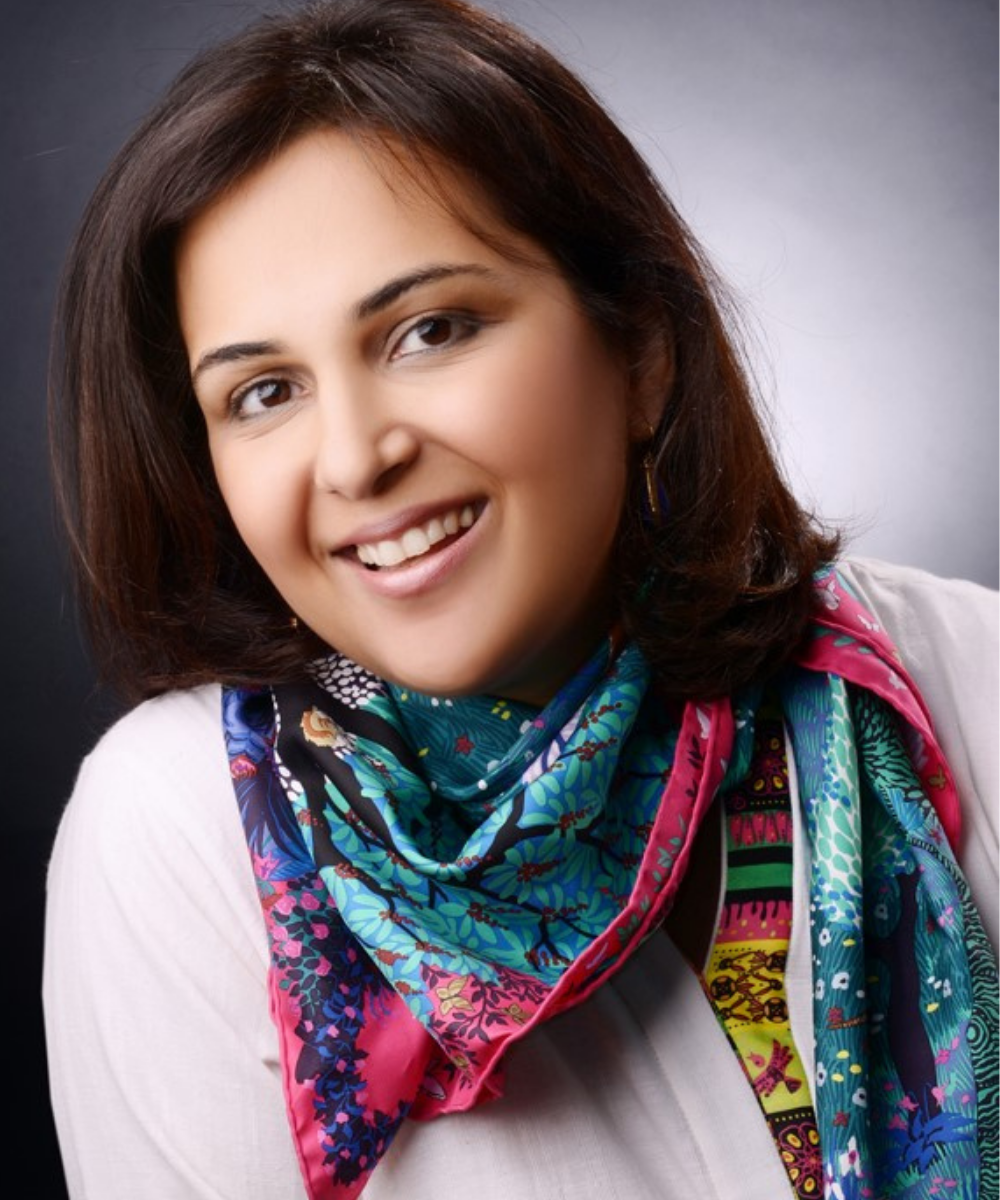
Amneh Shaikh-Farooqui is the CEO and co-founder of Polly and Other Stories, a store that curates and houses artisan-made products from across the country. The business operates through a website and concept stores situated in Karachi and Lahore, enabling 1,200 artisans and 92 small businesses to create a presence for their products under one roof.
For Shaikh-Farooqui and co-founder Angela Braid, breaking into e-commerce, especially in the craft sector, was a mighty challenge. “Women in Pakistan have to work harder to be taken seriously, especially if you’re in a sector like craft which is seen as soft, feminine, and even redundant. Breaking into the e-commerce space is a challenge too, as it has always been male-dominated. It is much harder to raise funds as a woman — most woman-led businesses in Pakistan are small or micro-businesses and get overlooked for funding and support.”
Despite the challenges, Shaikh-Farooqui’s efforts in establishing Polly and Other Stories were driven by a strong set of beliefs and values. “[I believe] business doesn’t have to be cutthroat. Sticking to my own values around collaboration and co-creation is something I am very proud of. My passion has always been to help redefine ‘value’ for consumers. At Polly and Other Stories, we believe that we can transform the lives of artisan makers and change the perceptions of shoppers about traditional craft,” she said.
“Artisan activity is the second largest employer in Pakistan behind agriculture but there is very little business, marketing, or modern design sensibility behind most artisan initiatives. We founded Polly and Other Stories to change the narrative around socially responsible goods from a ‘guilt’ purchase or a ‘poverty porn’ sale into ‘luxury’ or aspirational purchases. What we want to position craft as a reliable job option and create regular and fair incomes for the thousands that work within the space.”
Mahwish Rafid, co-founder of Colish

Mahwish Rafid is one of the brains behind Colish, a “luxury home fragrance brand” based in Karachi that specializes in making scented candles, reed stick diffusers, interior sprays, and recently, an Eau de perfume collection developed closely alongside professional perfumers. Rafid started the company with the help of her brother and it has been a journey marked with challenges and successes. Colish was born out of an interest of Rafid’s. “I have always been very interested in interiors, home, and lifestyle and I felt there is a gap in the local market, which motivated me on this journey,” she explained.
As a woman, it wasn’t easy for Rafid to carry on with what she started. “I faced some criticism initially and challenges as we expanded but I believe in what I am doing and with a great team nothing is impossible.” She’s pretty proud of what Colish has been able to achieve so far. “We have started selling on international platforms and it feels like a big achievement and a moment of joy to see appreciation for a locally made product.”
Shafaq Sewani, founder of Fresh Basket

Shafaq Sewani is the co-founder of Fresh Basket, which according to Sewani is Karachi’s “first agri-retail chain that promotes healthy eating” by providing easy access to fresh, natural, and hygienic produce and pantry items. Fresh Basket started off as a small store in 2018 and eventually grew to have three branches in the city, as well as a “prominent online presence within a span of three years”. For Sewani, starting Fresh Basket come with a particular challenge that many women face. “Finding a good work-life balance is a prominent struggle faced by many, including me,” she said. “Women often feel more conflicted between work and family life due to social and cultural norms.”
What inspired Sewani to start Fresh Basket in the first place? “I graduated in finance and worked in investment banking for two years. Meanwhile, Naveed, my husband, was handling his family business in logistics and export of fresh produce to the Middle East, UK, and EU. He always talked about how the good quality products that businesses export directly from the farms are never available in our [local] markets. So, one fine day I decided to quit my job and work full time towards this goal and the rest is history.”
As Fresh Basket eventually grew, Sewani sought support from her family members to run the business. “We are now three brains behind the success of Fresh Basket, myself, Naveed, and Anique, my brother,” she said.
Mahlaqa Shaukat, co-founder of AimFit

Shaukat is one of the founders of Aimfit, which is a digital fitness platform for women. “AimFit helps women reach their fitness goals with the help of a personal coach and live workouts that can be done from home,” she explained. “Members can join us through the AimFit app from anywhere in the world. We also have four studio locations where members can join for in-person fitness classes.”
The inspiration to start AimFit came from Shaukat’s personal experience. “The role that fitness played in my life inspired me to start AimFit,” she said. “It helped me get stronger mentally and physically and that’s what I wish for every woman out there
For Shaukat, the biggest challenge is striking a balance between motherhood and work. “Being a full-time mum and a full-time businesswoman at the same time has been a true challenge,” she said. “There are only so many full-time things one can do. The support of family has been phenomenal in achieving my goals.”
As the head of a digital fitness platform, what exactly does Shaukat do? “My role is to spearhead AimFit’s impact by making sure we’re reaching more and more women every passing day. In other words, I’m responsible for growing the business.
Miara Shaikh and Saadia Siddik, founders of MIAASA Shoes

Miara Shaikh and Saadia Siddik are the women behind MIASAA Shoes — a footwear brand that offers “a diverse range of footwear options, catering to their customer’s eastern and western styles”. “MIASAA was started as a passion project between me and my partner, purely out of our love for shoes,” Shaikh said. “We felt that there was a dearth in the market of quality footwear that complimented our eastern apparel — It was either too desi or too modern and nothing in between — hence MIAASA came along. All our shoes are handcrafted using genuine leather and unique embellishments with an extra emphasis on comfort. Our flagship store is based out of Karachi and a second retail outlet will soon be launched in Lahore.”
Shaikh and Siddik’s journey is marked by a number of achievements. “[We’ve set up] up our own manufacturing facility locally,” they said. “We started out with zero manufacturing capabilities, in fact, it was never part of the plan. Now we are 100 percent vertically integrated. [Additionally], we used to import 50 percent of our raw materials and we now only import maybe 10 percent. I think this has got to be one of our biggest achievements thus far.”
Shaikh and Siddik have a system for handling responsibilities as co-founders. “Entrepreneurship requires us to wear many different hats at different times, that is the biggest challenge and also the most exciting [thing],” Shaikh said. “It’s hard to clearly define our [specific] roles as both of us have done everything together since the beginning. If we were to really break it down my role is related more to finance and operations while Saadia’s role is more creative. Beyond that when it comes to business planning, HR, and everything in between I’d say we are equally involved.”


